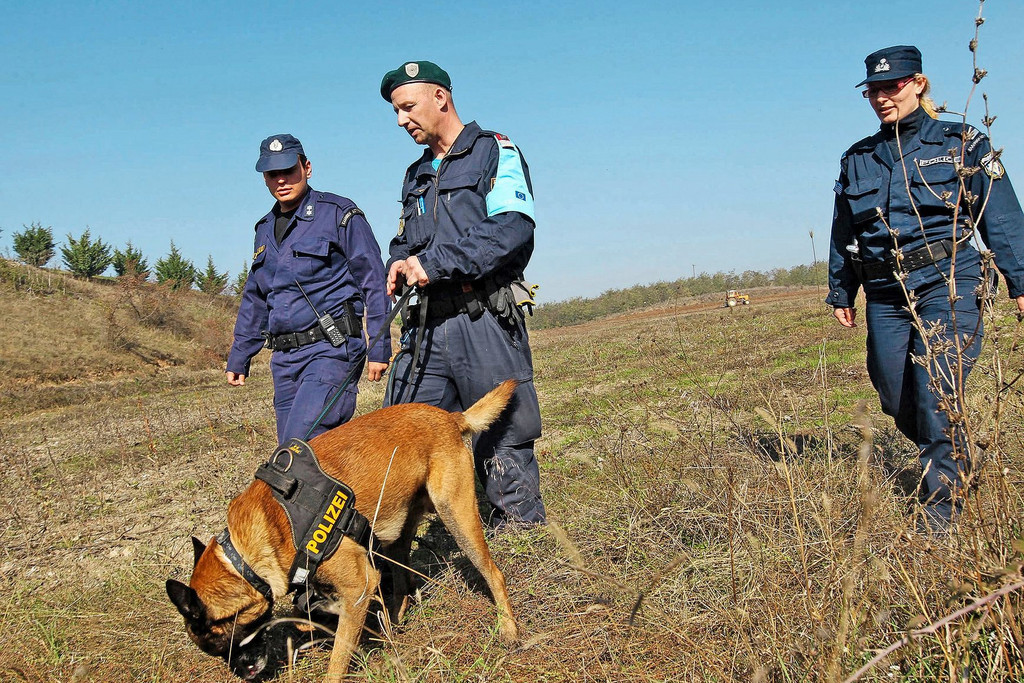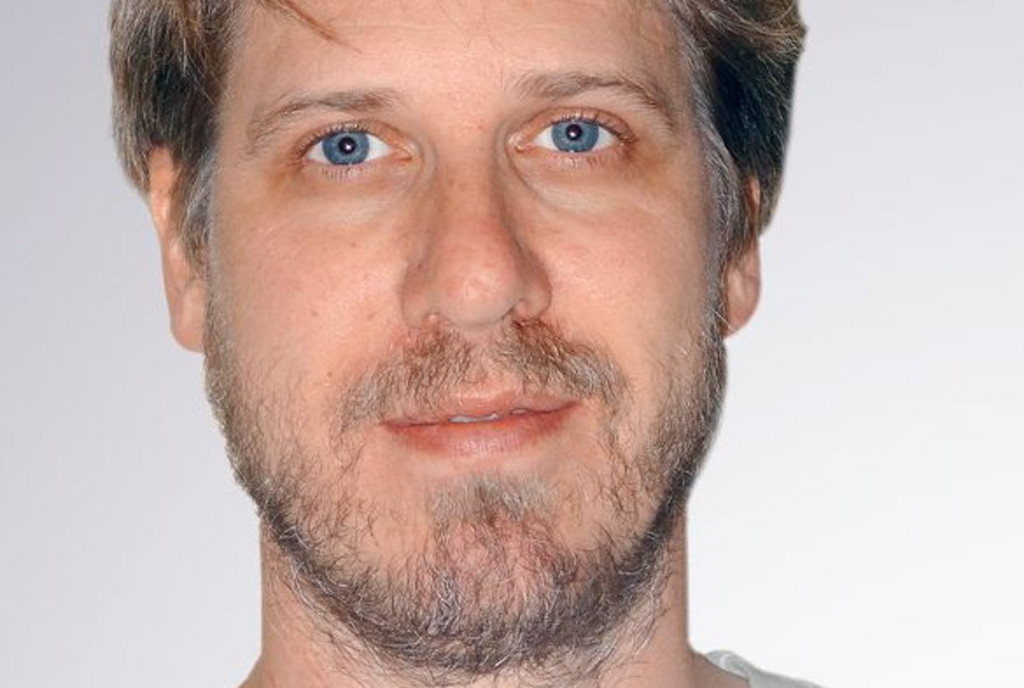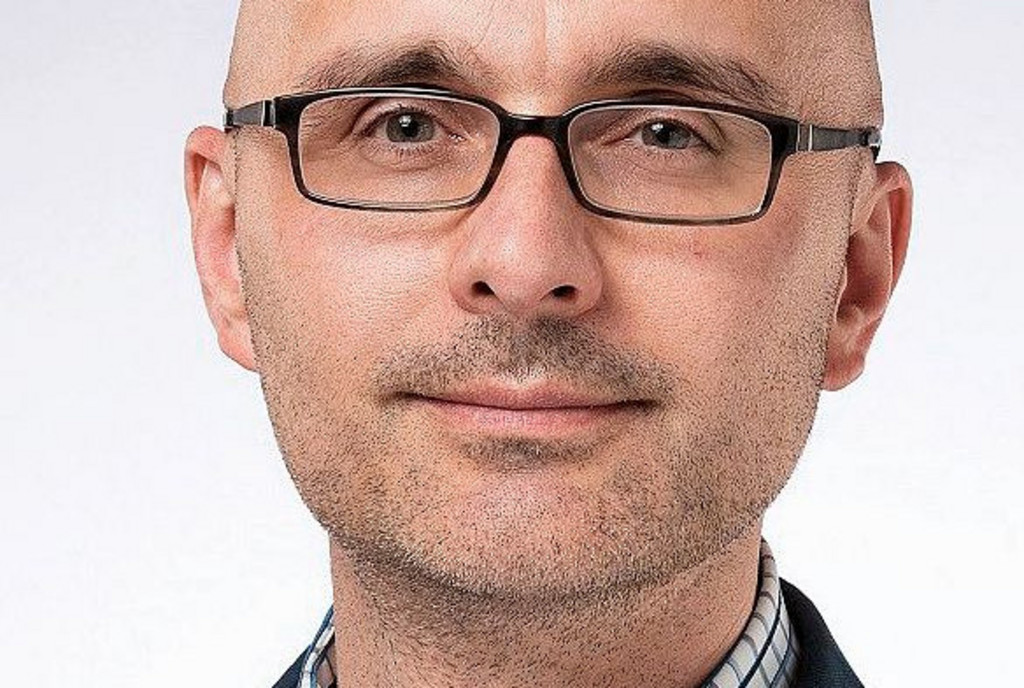“The residents of this country are asked to give their opinion on political matters more frequently than anywhere else in the world,” states Nenad Stojanovic, political scientist at the University of Geneva. In the City of Geneva, for example, over 70 subjects were put to the people between 2015 and 2018, over and above the six federal, cantonal and municipal elections. Far fewer votes are held in France, where presidential and legislative elections take place once every five years. “There is no other opportunity for people to express their discontent at a national level, and this leads to demonstrations like the yellow vest protests,” explains Stojanovic. “Voters in France use the European elections to express their opposition to national politics, which is absurd,” underlines Lionel Marquis, head of the Research Group on Elections and Political Citizenship (GREC) at the University of Lausanne.
A record abstention rate
Yet the Swiss people are irregular in their participation. The vote on accession to the European Economic Area in 1992 saw voter turnout of 79 %, whereas the vote at the end of 2012 on epizootics saw only 25 % participation. The complexity of subjects put to the people and the frequency of voting go some way to explaining this irregularity. “It’s one of the lowest turnout rates in the world compared with other democracies,” states Marquis. “Participation typically varies between 35 % and 45 %, with 48 %–50 % considered high. In comparison, turnout at the last presidential elections in France was recorded at 77 % for the first round, and this was considered very low.”
So, who votes and who doesn’t? “One quarter of Swiss people vote on every occasion, one fifth never vote, and the rest – accounting for 55 % of the population – vote on a case by case basis,” says Stojanovic. For the specialist in political participation, a voter turnout rate of 25 % is good, while an abstention rate of 20 % does not make Switzerland an exceptional case. He considers the average turnout rate of 80 % to be “excellent”. But why do some people choose never to give their opinion? “There are at least three different reasons: the first is disengagement with politics. This accounts for those who tend to confuse subjects and have no particular knowledge of the sector. It’s the same idea as people who skip to the sports section in a newspaper. The second reason is frustration. The people in this category may be the long-term unemployed, for example. They feel disillusioned. Finally, there are those who abstain from voting for rational reasons. In this case, individuals consider that their vote will not have an impact on the outcome.”
Low turnout, a sign of low dissatisfaction
The low level of voter turnout does not worry Marquis. “It’s a sign that dissatisfaction is low amongst the population. People know that for important subjects, they will have multiple opportunities to give their opinion.” The political scientist notes a particularly high level of abstention amongst young people, which is an international phenomenon. “In the 2015 federal elections, only 30 % of 18–24 year-olds voted, compared with 67 % of 65–74 year-olds: this affects the results,” explains Marquis. Stojanovic recalls that “in the past, in the small municipalities, young people would go to vote with their families. But this form of voter turnout was socially restrictive and influenced voting”.
The downside of Swiss politics? The lack of transparency regarding financing for parties and campaigns, says Stojanovic. This situation does not have a direct impact on voter turnout, but rather on the forming of opinions. “The richest parties can influence a vote, but this doesn’t guarantee victory,” he concludes.





![[Translate to en:]](/fileadmin/_processed_/d/2/csm_Revue_202204_Huehnerfarm_SH-Reportage_3074_7901ca94df.jpg)





Comments
Comments :